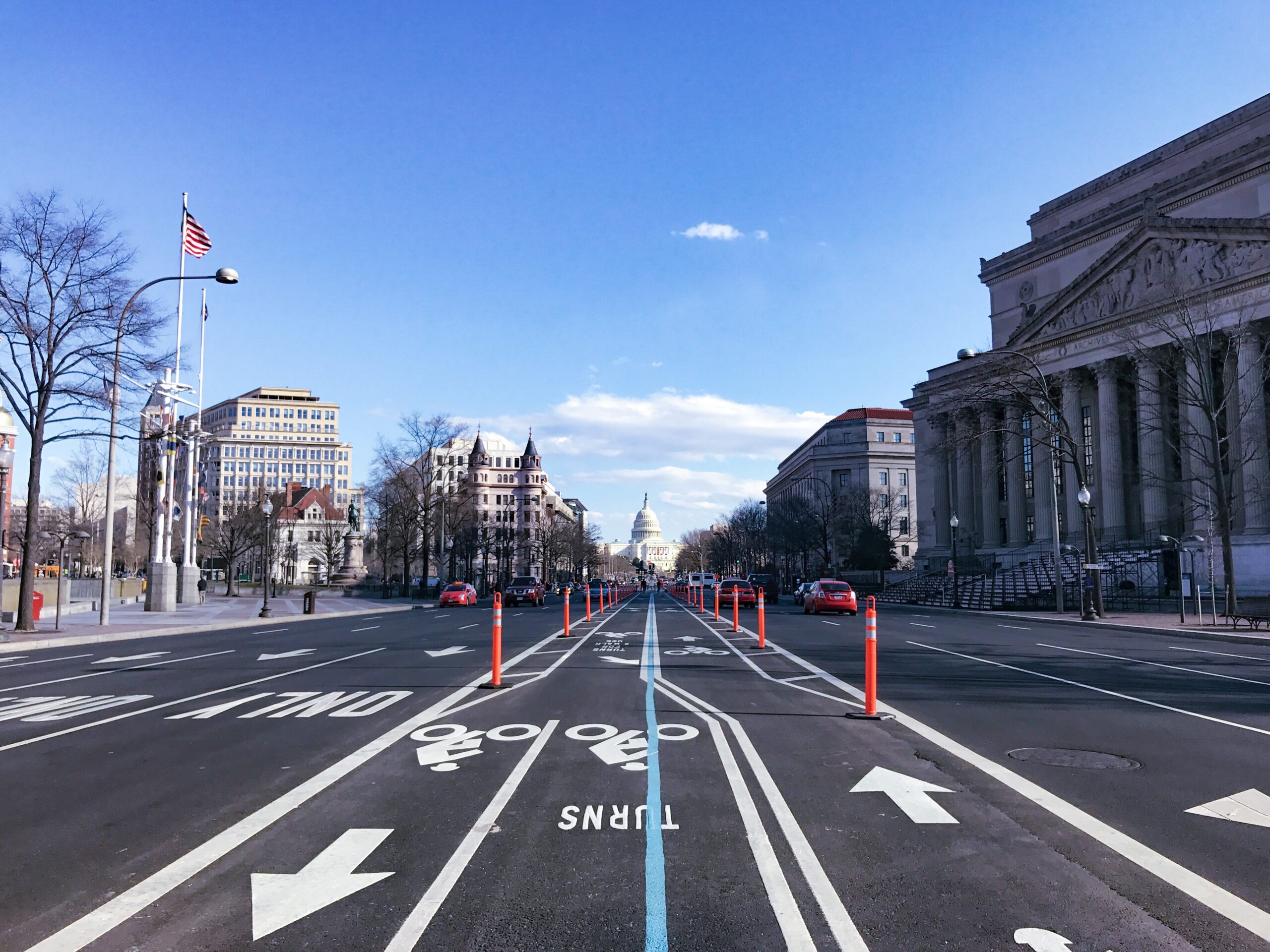Academic research, traffic laws, and engagement with policy makers are essential components of Vision Zero initiatives aimed at reducing traffic fatalities and improving road safety. By drawing on academic papers to inform evidence-based policies, advocating for effective traffic laws, and collaborating with policy makers, Vision Zero programs can drive progress towards the goal of zero traffic fatalities and severe injuries. This article explores the role of academic papers, traffic laws, and policy makers within the Vision Zero framework.
Vision Zero Academic Papers
Academic papers provide valuable insights and evidence to inform road safety policies and interventions:
- Data Analysis Studies: Conducting data analysis studies to identify trends, patterns, and risk factors associated with traffic crashes, fatalities, and injuries, and to prioritize interventions based on empirical evidence.
- Evaluation Research: Evaluating the effectiveness of Vision Zero interventions, infrastructure improvements, and policy initiatives through rigorous research studies, impact assessments, and evaluation reports.
- Behavioral Research: Conducting behavioral studies to understand human factors contributing to traffic crashes, such as driver behavior, pedestrian and cyclist actions, and the impact of technology and environmental factors.
- Best Practices Sharing: Sharing research findings, best practices, and lessons learned from academic papers with stakeholders, policymakers, and practitioners to inform policy and practice and drive continuous improvement in road safety efforts.
Vision Zero Traffic Laws
Effective traffic laws are essential for promoting safe behaviors and reducing the risk of traffic crashes:
- Speed Management: Implementing speed management measures, such as lowering speed limits, implementing speed cameras, and redesigning streets for lower speeds, to reduce the severity of crashes and improve road safety.
- Distracted Driving Regulations: Enacting laws and regulations to prohibit distracted driving behaviors, such as texting while driving, using handheld devices, and other distractions that increase the risk of crashes.
- Impaired Driving Enforcement: Strengthening enforcement efforts and penalties for impaired driving, including alcohol-impaired and drug-impaired driving, to deter risky behaviors and improve compliance with traffic laws.
- Vulnerable Road User Protections: Implementing laws and regulations to protect vulnerable road users, such as pedestrians and cyclists, through measures such as safe passing laws, crosswalk enhancements, and protected bike lanes.
Vision Zero Policy Makers
Engagement with policy makers is crucial for advancing road safety policies and priorities:
- Legislative Advocacy: Advocating for legislative action to support Vision Zero goals, including the introduction and passage of bills, resolutions, and ordinances aimed at improving road safety and reducing traffic fatalities.
- Policy Development: Working with policy makers to develop and implement Vision Zero policies, strategies, and action plans that prioritize road safety and align with local transportation goals and priorities.
- Resource Allocation: Advocating for budget allocations and funding support for Vision Zero initiatives, infrastructure improvements, public education campaigns, and enforcement efforts to create safer streets and communities.
- Stakeholder Engagement: Engaging with policy makers, elected officials, government agencies, and community leaders to gather support, build partnerships, and foster a culture of safety within communities.
Conclusion
By leveraging academic research, advocating for effective traffic laws, and engaging with policy makers, Vision Zero initiatives can drive progress towards the goal of zero traffic fatalities and severe injuries. Through evidence-based approaches, legislative action, and collaboration with policy makers, Vision Zero remains at the forefront of efforts to improve road safety and save lives in communities around the world. By prioritizing research, advocacy, and engagement with policy makers, Vision Zero continues to drive progress towards safer, more sustainable transportation systems for all.

